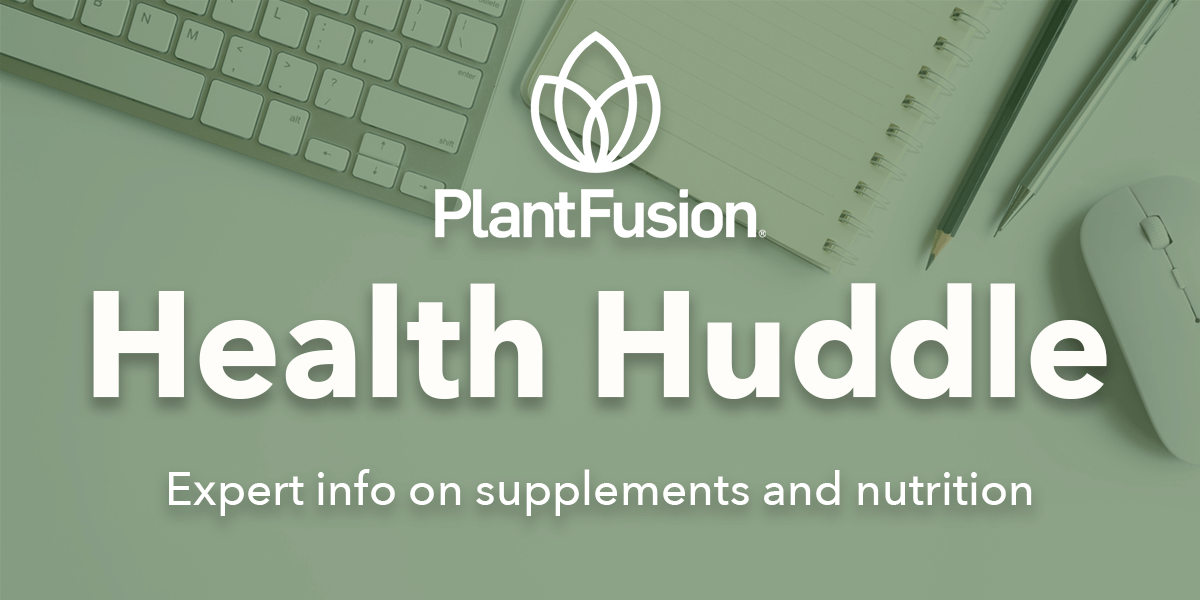Supplements Don’t Work — Unless Your Body Can Absorb Them.
But if your body is not actually absorbing those nutrients, they may be doing you no good. The key might not be what you take — but rather what might work.
That’s where bioavailability comes in. It’s the science of nutrient uptake: Are you actually feeding your body, or are you just flushing money down the drain? In this article, we delve into why absorption matters, what may be standing in the way and how you can ensure you’re getting as much good out of your supplements as possible.
Why It’s More About Absorption Than Consumption
We’ve all heard this one — you are what you eat. But in reality it’s more like “you are what you take in.”
Whatever the food or supplement is you’re ingesting, your body has to break it down and shuttle it through your digestive system so that it can be ushered into your bloodstream. From there, they travel to your cells and tissues, where the real magic occurs — energy fuels, tissue repairs, bones build or hormones balance.
And if your body can’t take up the nutrient, it will pass right through you to little avail. That means fatigue, brittle hair and nails, weak bones and even mood swings can persist — even if you’re hitting your recommended dose.
The Hidden Factors That Influence Nutrient Absorption
What a lot of people just don’t get is that there are multiple things that determine how well you are able to handle your nutrients. Here are some of the biggest:
Digestive Health
A balanced gut flora, sufficient stomach acid and digestive enzymes are key to digest food and supplements which can be utilised by the body.
Nutrient Form
It turns out that not all vitamins and minerals are created equal. Some are more bioavailable — the body can absorb and use them easily. The rest — most of them quite possibly cheaper, synthetic versions — may rarely be used at all.
Synergy & Pairing
There are certain nutrients that you can absorb more of if they’re combined. For example:
- Calcium needs vitamin D3 and K2 to go where: the bones, not the arteries.
- Vitamin C boosts the absorption of iron.
- Protein is most effective when complete in its amino acid content.
Lifestyle, Age & Medications
Absorption can be suppressed by stress, by aging and by certain medications. For example, drugs that reduce stomach acid can block B12 absorption and caffeine can impede calcium and iron.
Bioavailability Is the Key to Great Health Supplements
Bioavailabilityis simply a measure of how much nutrient enters your bloodstream and becomes available for your body to use.
Two supplements might have the same amount of a nutrient listed on the label, but if one is in a form that’s not well absorbed — or even worse, not absorbed at all — you’ll get far less from it than you will with another supplement containing the better absorbed nutrient. And that’s why it is so crucial to look past the label — and into the form.
Here are a few examples:
Methylated B Vitamins
Normal folic acid and regular B12 (cyanocobalamin) must be converted into their active forms by your body before they can be used. But for some, that conversion is not an easy one. Methylated versions — like methylfolate or methylcobalamin — are already active and easier for your body to get working. [Check out PlantFusion's Methylated B Vitamins]
Algae-Based Calcium
The majority of calcium supplements are derived from rock (limestone or chalk) and are poorly absorbed and can cause digestive upset. In contrast, calcium from red marine algae is highly absorbable and easier on the digestive system while naturally containing other bone-supporting trace minerals. [Check out PlantFusion's Vegan Algae Calcium]
Fermented Protein
It’s not all about grams of protein per serving. Fermentation “pre-digests” the protein, making it easier for your body to absorb the amino acids, while reducing bloating and discomfort that can be associated with traditional protein powders. [Check out PlantFusion's Organic Fermented Protein]
5 Warning Signs Your Body Is Not Properly Absorbing Nutrients
Wondering if absorption could be your issue? Watch for these common signs:
- Tiredness or fatigue despite eating well and supplementing.
- Weak hair, nails and/or skin despite consuming a diet rich in beauty-supporting nutrients.
- Osteopenia or joint weakness related to poor calcium and/or vitamin D absorption.
- Upset stomach when taking supplements (switching from powders to capsules or tablets may signal the form is harder for your body to use).
These signs don’t automatically mean you are deficient — they can also signal that your body is not absorbing enough of what you are ingesting.
Our Daily Health Habits to Help You Absorb Nutrients Better
It’s empowering to choose higher-quality supplement forms, but you can boost absorption even more with a few simple daily habits:
- Pair fat-soluble vitamins with healthy fats. The fat in an avocado, olive oil or nuts also helps you absorb vitamins A, D, E and K.
- Avoid taking coffee or tea immediately after some supplements. Tannins and caffeine inhibit the absorption of minerals like calcium and iron.
- Support your gut. Your microbiome helps digest and absorb nutrients. Add fiber, prebiotics and probiotics to your diet.
- Be consistent. Skipping doses undermines your progress. Nutrient balance builds over time.
Supplements aren't doing their job unless your body can absorb them. That’s why bioavailability matters. When you choose nutrients in the best-absorbed forms and help your body take them up more naturally, that’s when you get real results — extra energy, stronger bones, clearer skin and better overall health.















